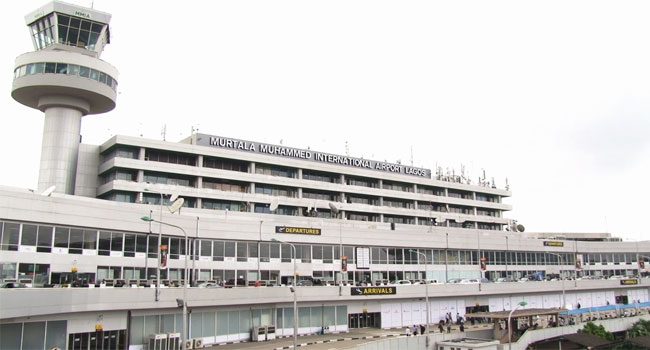• Bank commends initiative
The Minister of Budget and Economic Planning, Senator Abubakar Bagudu, has called on the World Bank to support the Renewed Hope Ward Development Programme, which seeks to boost economic activities at the nation’s grassroots.
The minister spoke on Thursday in Abuja during a meeting with the bank’s new Country Director, Mr Matthew Verghis, stating that the new initiative would help achieve President Bola Tinubu’s target of a $1 trillion economy by 2030.
“The objectives, among others, are to promote sustainable and inclusive growth at the ward level, which will contribute to national development,” Bagudu told Verghis and his team, explaining: “This will support the $1 trillion GDP target by 2030 and help lift all Nigerians out of poverty.”
He stated that the programme recently approved by the National Economic Council and coordinated by the ministry, is a transformative initiative aimed at driving bottom-up growth.
According to him, “This programme will map economic opportunities in all 8,809 wards across the country and support economically active citizens to generate more value. It is about creating sustainable and inclusive growth from the grassroots. The objective is clear: to support our ambition of achieving a $1 trillion GDP by 2030 and lifting millions of Nigerians out of poverty.”
The minister noted that Nigeria is learning from other countries while developing a uniquely Nigerian approach. “We have examined China’s experience of lifting 852 million people out of poverty, India’s rural transformation, and Kenya’s bottom-up strategy. Nigeria can incorporate these lessons, but with a model that reflects our constitutional federalism and ensures all three tiers of government take responsibility.”
He also highlighted Nigeria Agenda 2050, the country’s long-term strategic plan, as a key driver of national development. “Agenda 2050 is ambitious but achievable. It reflects our national consensus—enshrined in Chapter Two of our Constitution—that all tiers of government must work together to deliver economic, social and environmental objectives. Our duty is to translate this vision into actionable five-year plans and annual budgets that are people-centred and results-driven.”
Bagudu expressed sincere gratitude to the World Bank for its ongoing support, particularly during the last 28 months of economic reforms, emphasising that the bank has remained committed to Nigeria through a difficult yet transformative period.
“The World Bank team has collaborated with us not just as partners but as members of the same team. We could not have achieved the results we have today without your support,” he said, adding: “Together, we have taken bold steps that are beginning to restore macroeconomic stability and inspire confidence at home and abroad.”
The minister stressed the importance of maintaining the momentum of reform. “Our reforms have demonstrated the value of staying the course in the right direction. With effective policies and difficult but necessary choices, we are beginning to see results. The task now is to build on these achievements and ensure that no willing Nigerian is left behind.”
In response, Verghis congratulated Nigeria on the bold reforms undertaken, describing them as a “development breakpoint” that could reset the country’s trajectory.
“Nigeria’s recent decisions represent a critical moment. Such choices are not easy, but they create opportunities for a new path. The World Bank stands ready to continue supporting Nigeria in maintaining these reforms and increasing their impact,” he stated.
He praised the Renewed Hope Ward Development Programme and emphasised the importance of utilising proven approaches. “The challenge is not just in designing new programmes but in building on what already works. Existing projects such as NG-CARES and the Nigeria for Women Project have established effective structures. We are eager to expand on these models, bring in global experience from India, China and Kenya, and provide both technical and financial support to strengthen implementation.”
He further emphasised the importance of aligning grassroots development with long-term national priorities. “We understand the objectives are jobs, prosperity, and inclusion. For the poorest, immediate support is needed; for the youth, opportunities for productivity; for the nation, a pathway to sustained growth. These are challenges we want to work with you to address.”
Concluding the meeting, Bagudu reaffirmed the ministry’s role as a coordinating body rather than a competing one. “This ministry is not in competition with any other. Our role is to coordinate, convene and ensure that all levels of government work towards the same goal: inclusive prosperity for every Nigerian.”
Verghis’s first official engagement with the ministry since taking office reaffirmed the strong partnership between Nigeria and the World Bank in promoting inclusive growth, poverty alleviation and sustainable development.
The post Bagudu Calls on World Bank to Back Ward Development Programme appeared first on THISDAYLIVE.


